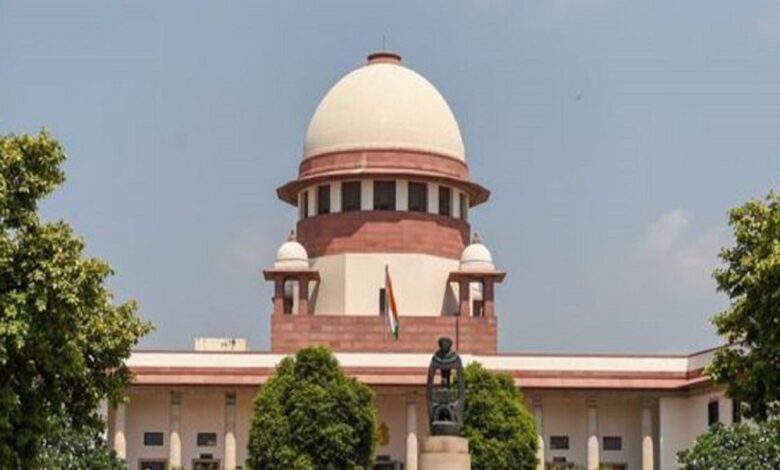Sedition Law “Colonial”, Why Don’t You Drop It, Supreme Court Asks Centre
A three-judge bench headed by the Chief Justice likened Section 124A of the Indian Penal Code on sedition to "a saw" used to cut a forest instead of a piece of wood.

New Delhi:
Describing the British-era sedition law as “colonial”, the Supreme Court today questioned whether the law was “still necessary after 75 years of Independence”. The law is a serious threat to the functioning of institutions and holds “enormous power” for misuse with no accountability for the executive, the court said, comparing it to a saw in the hands of an overzealous carpenter.
“The sedition Law is a colonial law. Do we still need the law in our country after 75 years of Independence,” Chief Justice NV Ramana questioned. The court asked why the government, while taking a number of dated laws off the statute book, “is not looking into this law”. The government’s top lawyer, Attorney General KK Venugopal, argued that the law should be retained with “guidelines”.
A three-judge bench headed by the Chief Justice likened Section 124A of the Indian Penal Code on sedition to “a saw” used to cut a forest instead of a piece of wood.
“There is enormous misuse. The use of sedition is like giving a saw to the carpenter to cut a piece of wood and he uses it to cut the entire forest itself. That is the effect of this law,” the court said.
“If a police officer wants to fix anybody in a village for something, he can use Section 124 A… People are scared.”
The court said it would examine the validity of the sedition law and asked the Centre to respond to a former army officer’s petition that says the law causes a “chilling effect” on speech and is an unreasonable restriction on free expression.
“The dispute is it is a colonial law… the very same law was used by the British to silence Mahatma Gandhi and to suppress the freedom movement. Is the law still necessary in the statute book in our country after 75 years of Independence?”
The court said several petitions have challenged the sedition law and all will be heard together.
“Our concern is misuse of the law and no accountability of the executive,” the Chief Justice told Attorney General Venugopal.
“We are not blaming any state or government, but look at how Section 66A of the Information Technology Act is continuing to be used, how many unfortunate people have suffered and there is no accountability for this…”
He also said there was “minimal conviction or very low rate of conviction” in the history of the sedition law.
The Attorney General said the law need not be struck down and only guidelines could be set out so that it met its legal purpose.





